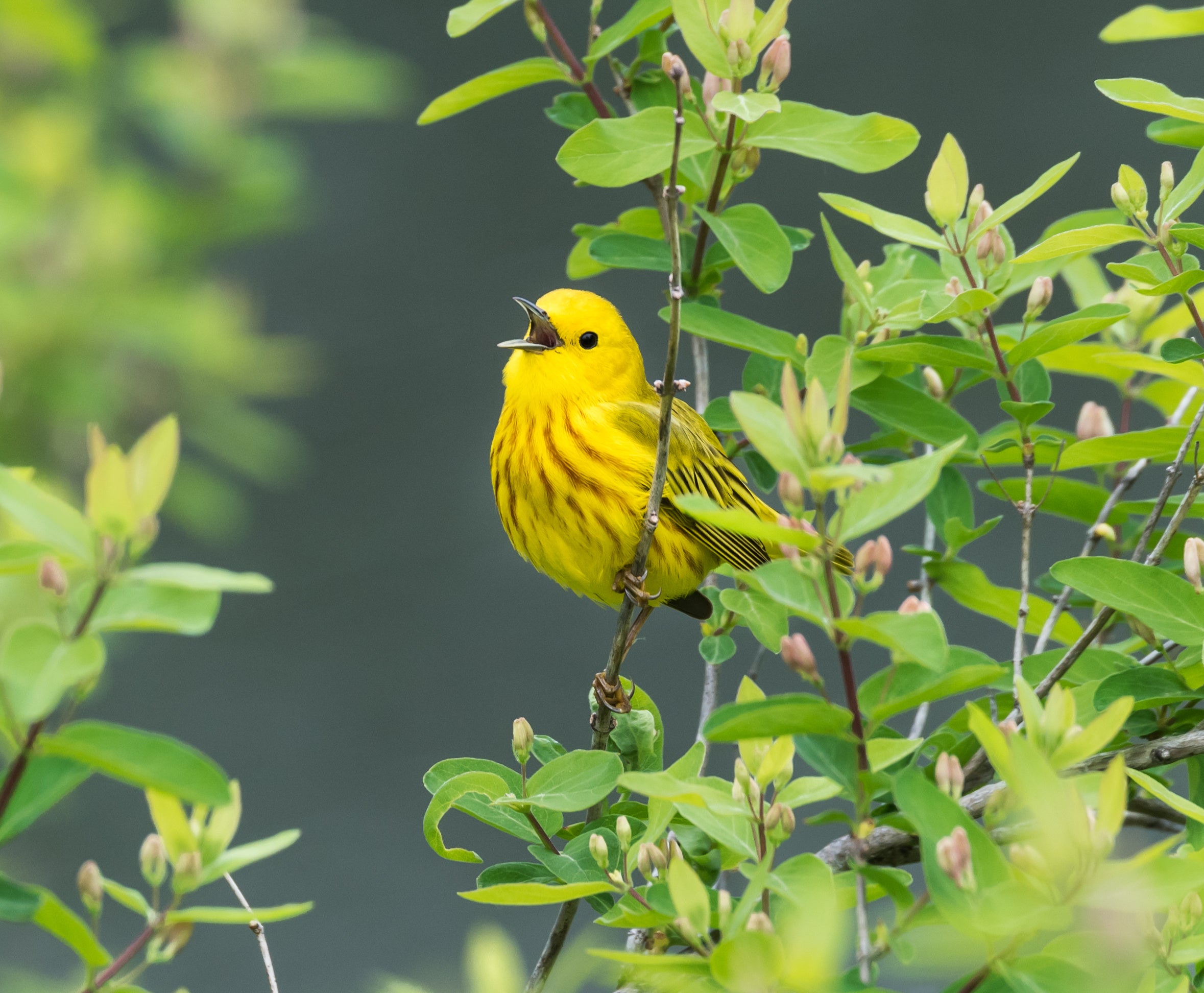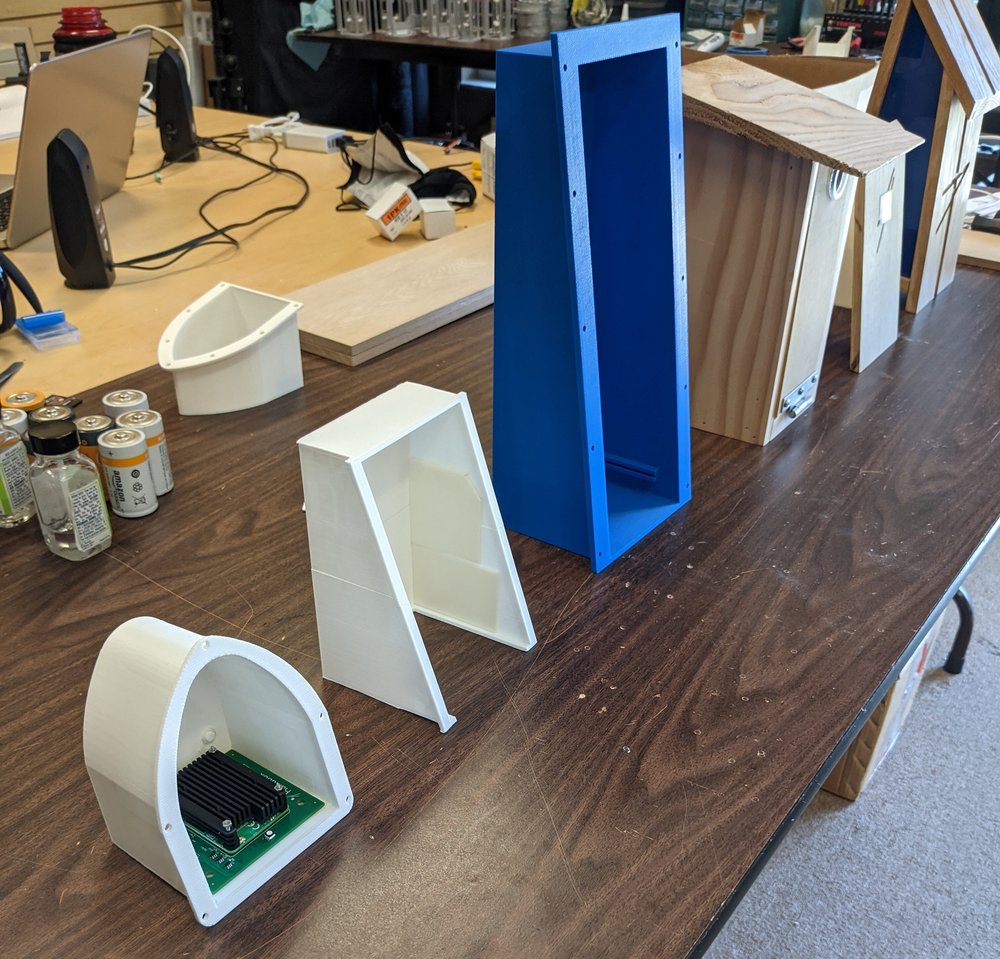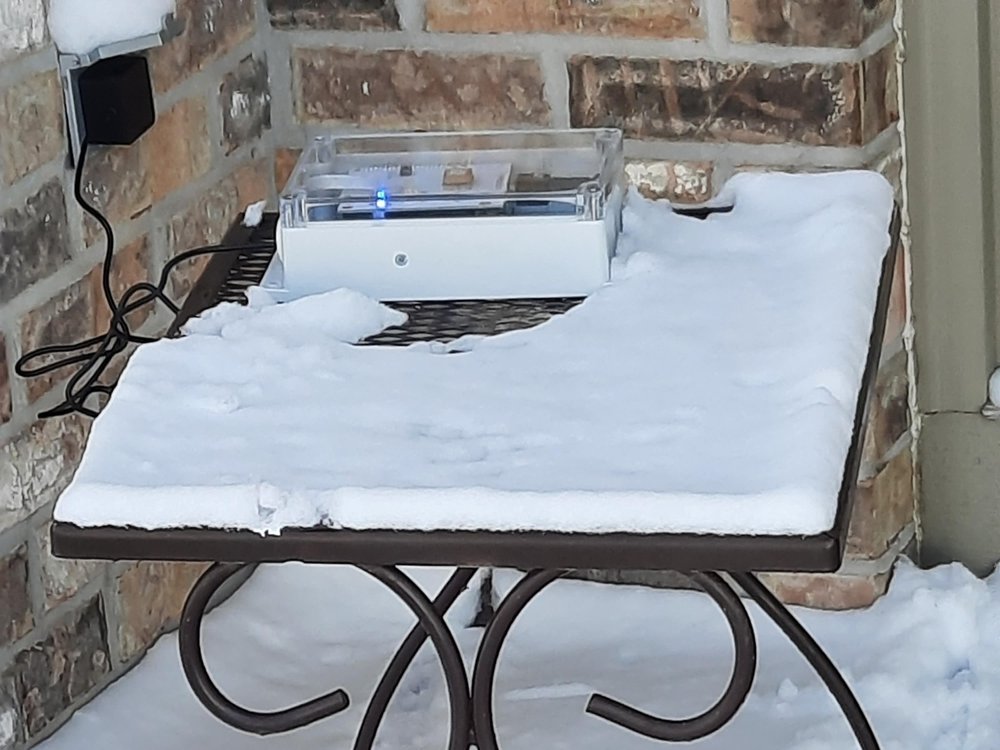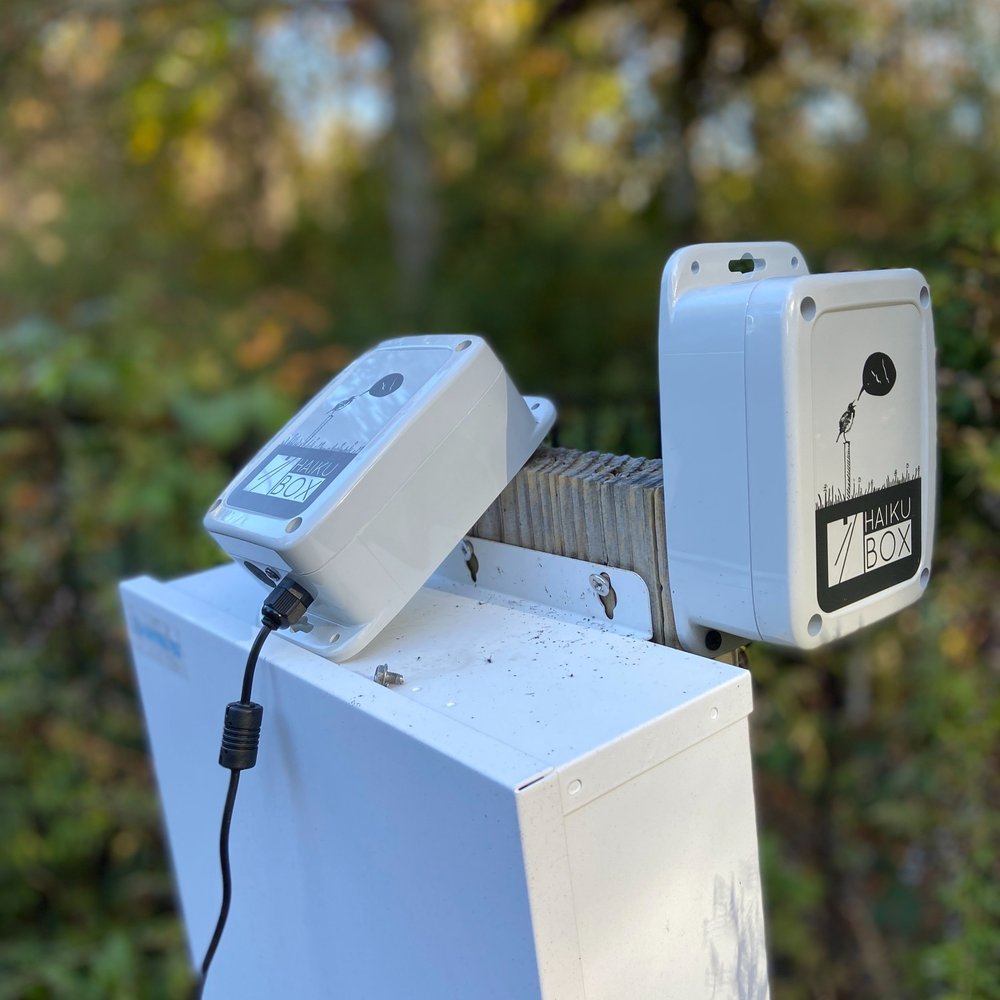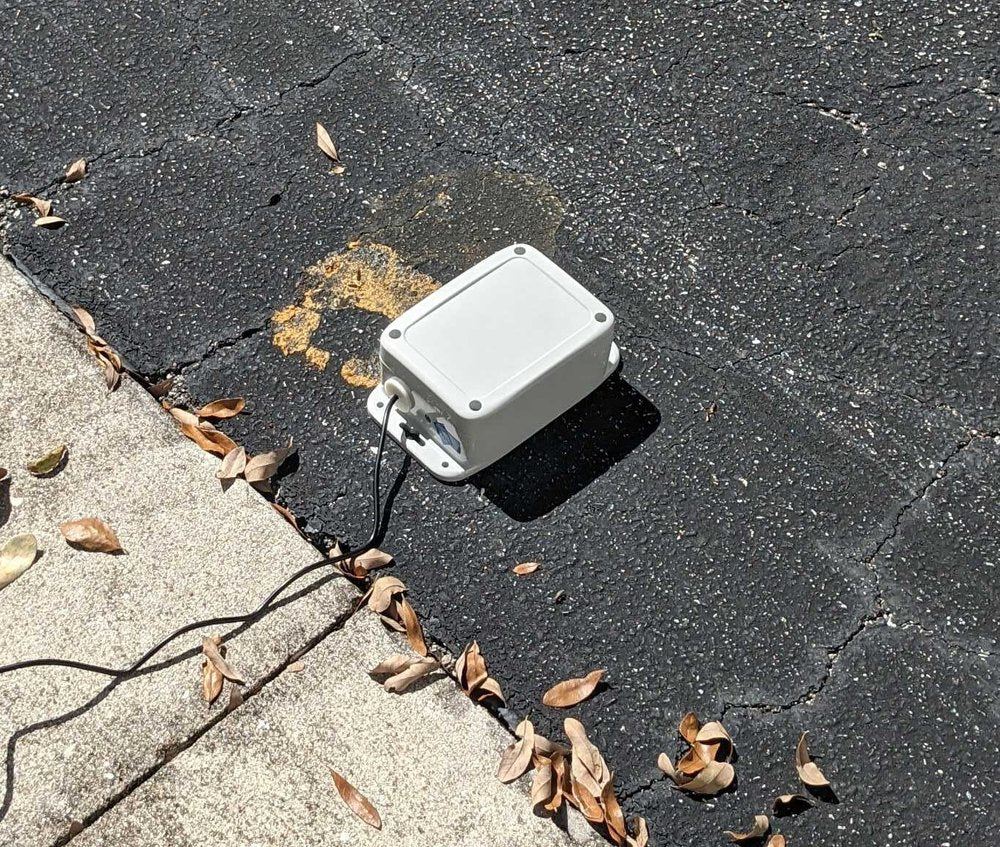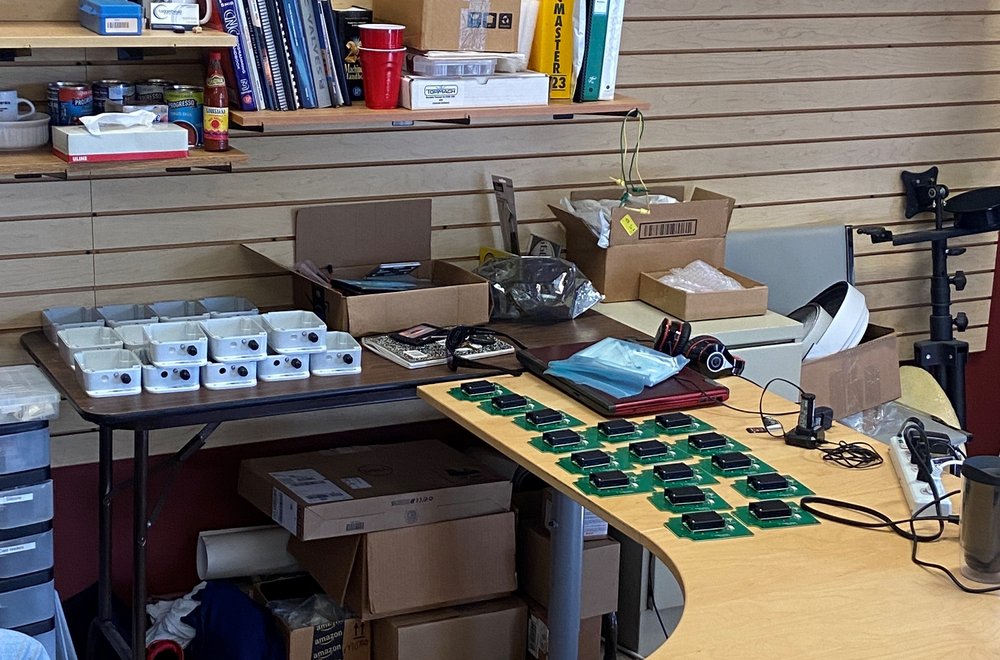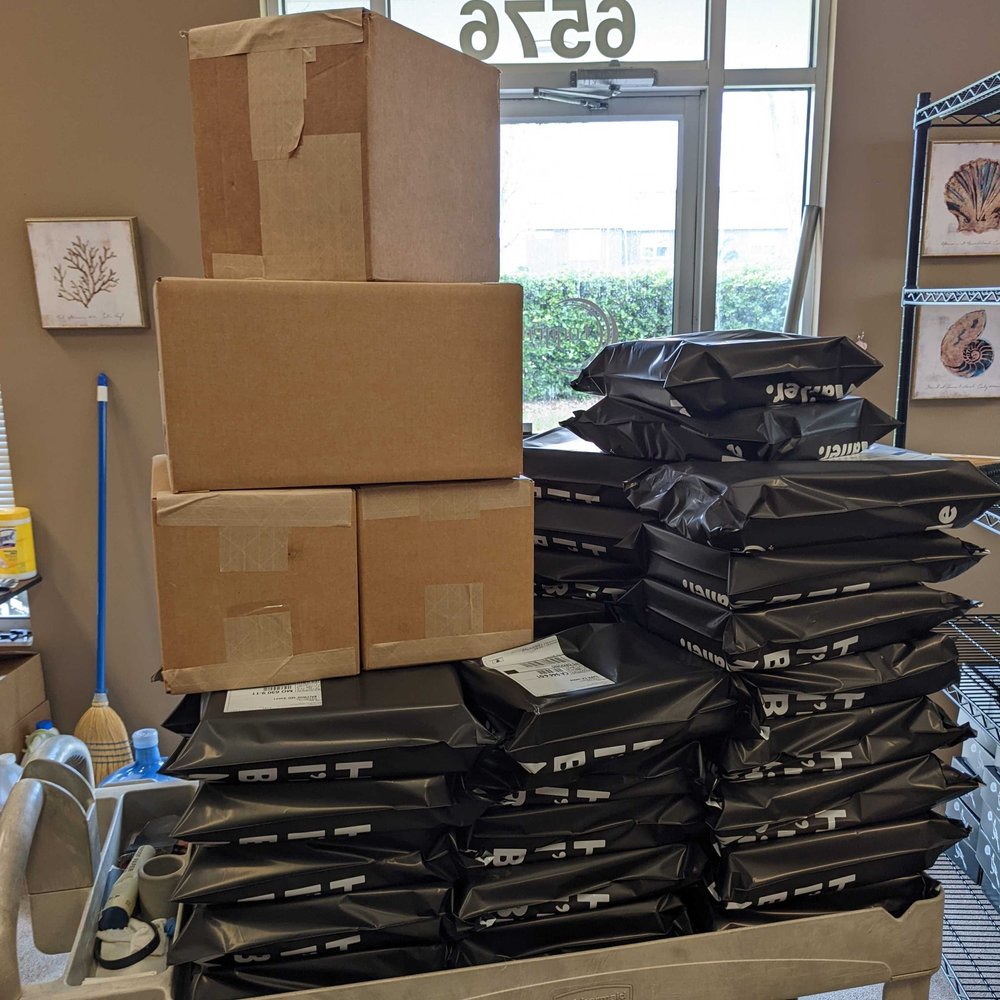Our Story
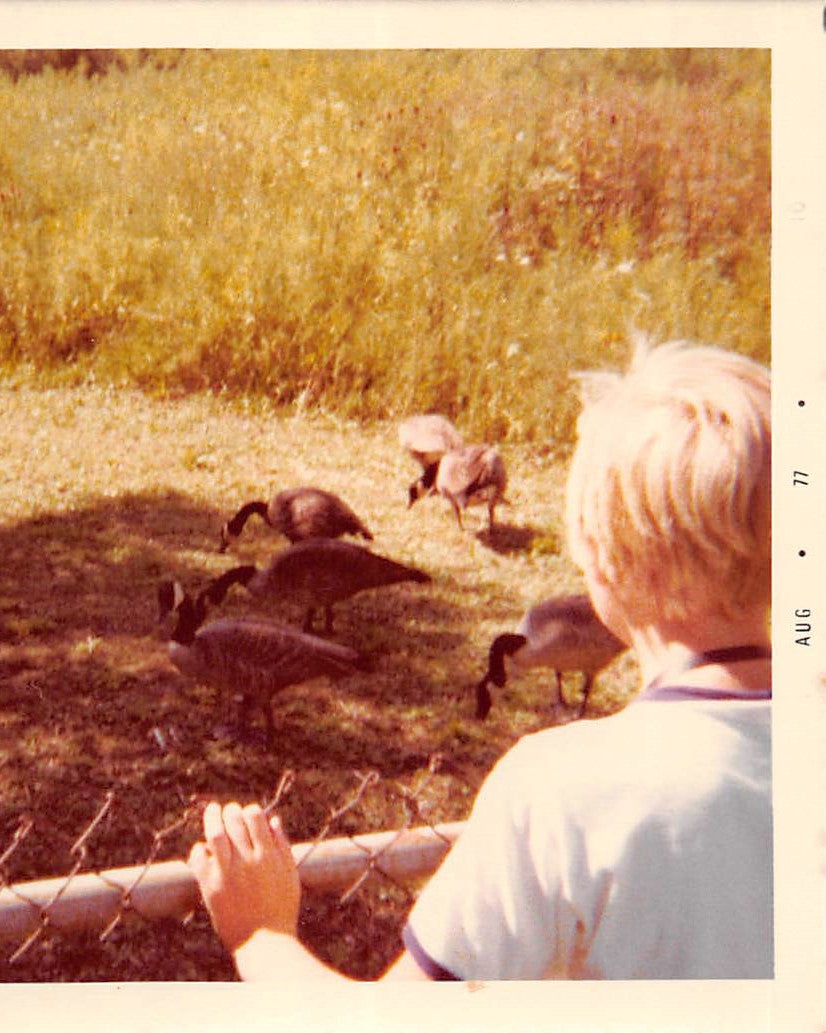
The Naturalist
David Mann, Haikubox founder, was a young birder who spent hours in nearby Sapsucker Woods at Cornell. He later studied biology at Cornell and earned a PhD from MIT and the Woods Hole Oceanographic Institution focused on bioacoustics.
In this photo, nine-year old David had his binoculars ready for something more interesting than Canada Geese.
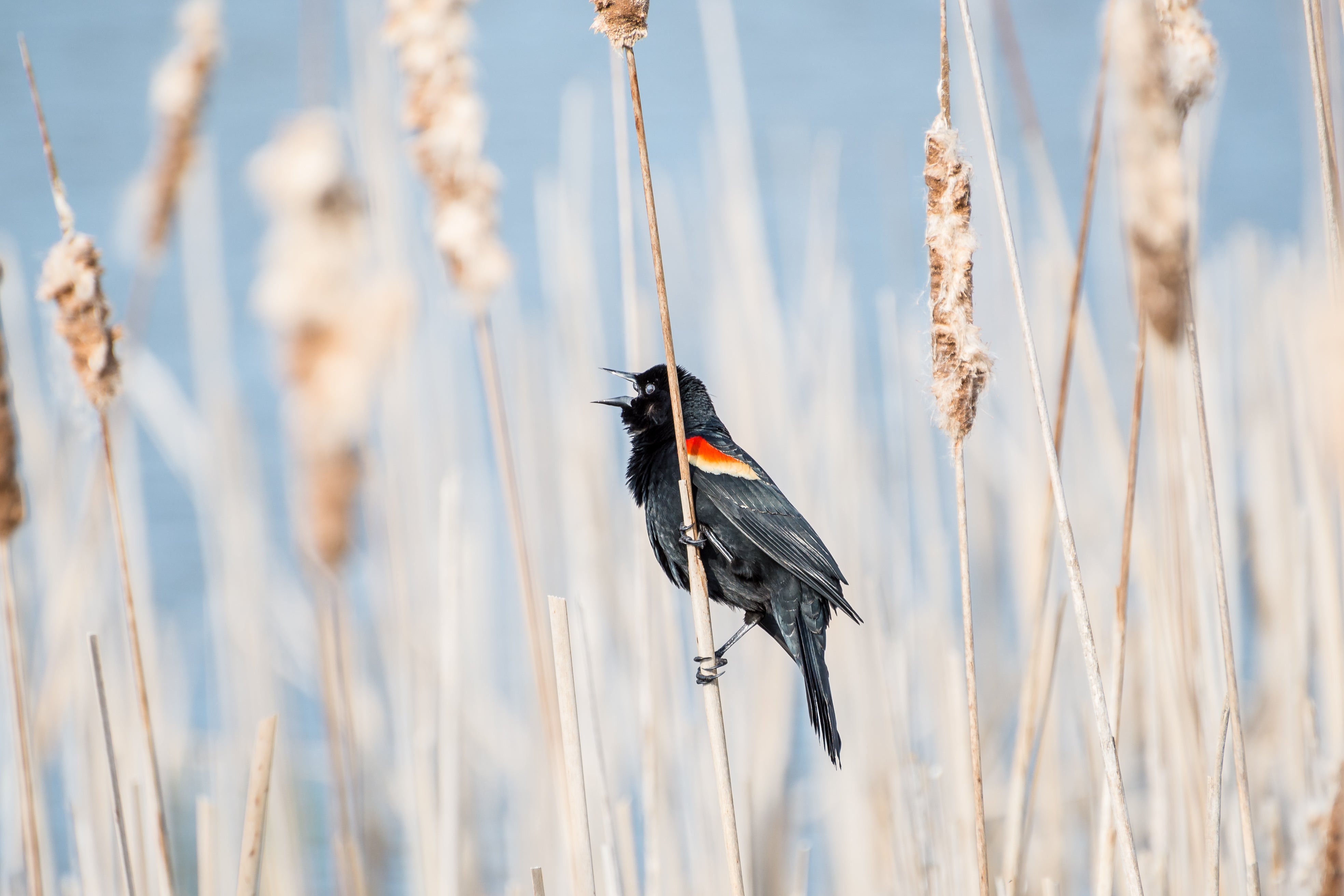
The Science
When David and long-time colleague Holger Klinck, PhD, Director of the K. Lisa Yang Center for Conservation Bioacoustics at the Cornell Lab of Ornithology, realized they shared a common interest and the technical skills to develop an automatic birdsong identification tool, Haikubox was hatched.
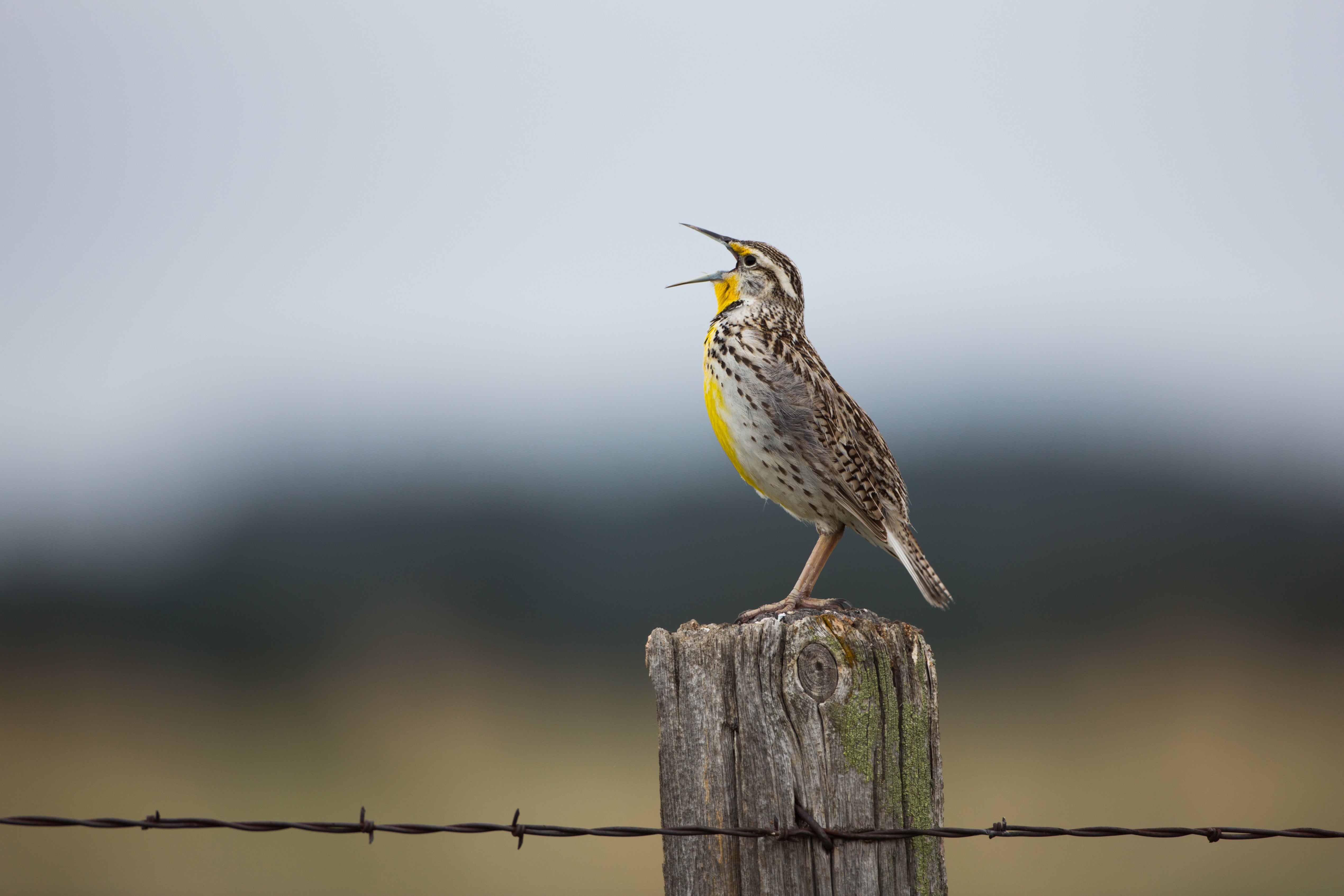
Core Values

